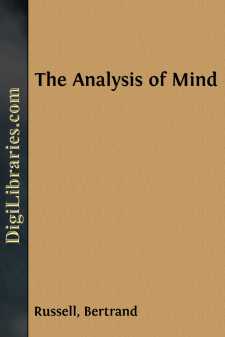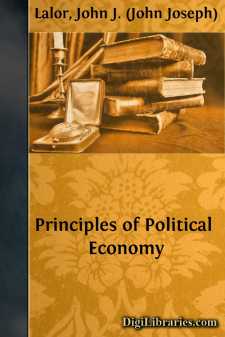Categories
- Antiques & Collectibles 13
- Architecture 36
- Art 48
- Bibles 22
- Biography & Autobiography 813
- Body, Mind & Spirit 142
- Business & Economics 28
- Children's Books 17
- Children's Fiction 14
- Computers 4
- Cooking 94
- Crafts & Hobbies 4
- Drama 346
- Education 46
- Family & Relationships 57
- Fiction 11829
- Games 19
- Gardening 17
- Health & Fitness 34
- History 1377
- House & Home 1
- Humor 147
- Juvenile Fiction 1873
- Juvenile Nonfiction 202
- Language Arts & Disciplines 88
- Law 16
- Literary Collections 686
- Literary Criticism 179
- Mathematics 13
- Medical 41
- Music 40
- Nature 179
- Non-Classifiable 1768
- Performing Arts 7
- Periodicals 1453
- Philosophy 64
- Photography 2
- Poetry 896
- Political Science 203
- Psychology 42
- Reference 154
- Religion 513
- Science 126
- Self-Help 84
- Social Science 81
- Sports & Recreation 34
- Study Aids 3
- Technology & Engineering 59
- Transportation 23
- Travel 463
- True Crime 29
Sort by:
Isaiah is the principal prophetical figure in the first period of canonical prophetism, i.e., the Assyrian period, just as Jeremiah is in the second, i.e., the Babylonian. With Isaiah are connected in the kingdom of Judah: Joel, Obadiah, and Micah; in the kingdom of Israel: Hosea, Amos, and Jonah. The name "Isaiah" signifies the "Salvation of the Lord." In this name we have the key-note...
more...
by:
Bertrand Russell
MUIRHEAD LIBRARY OF PHILOSOPHY An admirable statement of the aims of the Library of Philosophy was provided by the first editor, the late Professor J. H. Muirhead, in his description of the original programme printed in Erdmann's History of Philosophy under the date 1890. This was slightly modified in subsequent volumes to take the form of the following statement: "The Muirhead Library of...
more...
by:
Thomas Wood
Page v PREFACE This book was begun as a result of the author's experience in teaching some classes in English in the night preparatory department of the Carnegie Technical Schools of Pittsburg. The pupils in those classes were all adults, and needed only such a course as would enable them to express themselves in clear and correct English. English Grammar, with them, was not to be preliminary to...
more...
PREFACE In offering this book to teachers of elementary chemistry the authors lay no claim to any great originality. It has been their aim to prepare a text-book constructed along lines which have become recognized as best suited to an elementary treatment of the subject. At the same time they have made a consistent effort to make the text clear in outline, simple in style and language, conservatively...
more...
Lastsummer, when we reached California for a year's sojourn, we had the good fortune to secure a house with a splendid garden. A few weeks ago, after the early warm days of a California February had opened up the first blossoms of the season, our little five-year-old discovered that the garden furnished a fine outlet for her enterprise, and she soon produced two gorgeous—I will not say...
more...
PREFACE SUPPOSING that Truth is a woman—what then? Is there not ground for suspecting that all philosophers, in so far as they have been dogmatists, have failed to understand women—that the terrible seriousness and clumsy importunity with which they have usually paid their addresses to Truth, have been unskilled and unseemly methods for winning a woman? Certainly she has never allowed herself to be...
more...
HOW TO STUDY "For the end of education and training is to help nature to her perfection in the complete development of all the various powers."—Richard Mulcaster, 1522-1611. Education is an opportunity, nothing more. It will not guarantee success, or happiness, or contentment, or riches. Everything depends upon what development is produced by it and what use is made of it. It does not mean...
more...
by:
Woods Hutchinson
THE BODY-REPUBLIC AND ITS DEFENSE The human body as a mechanism is far from perfect. It can be beaten or surpassed at almost every point by some product of the machine-shop or some animal. It does almost nothing perfectly or with absolute precision. As Huxley most unexpectedly remarked a score of years ago, "If a manufacturer of optical instruments were to hand us for laboratory use an instrument...
more...
It is no foolish desire to make a vain display of citations, that induces us, at the beginning of this essay, intended to point out the results of the application of a new method to the study of Political Economy, to invoke the authority of a poet and moralist, of a jurisconsult and of a philosopher. The writer finds in the words just quoted the loftiest expression of the thought which dictates these...
more...











